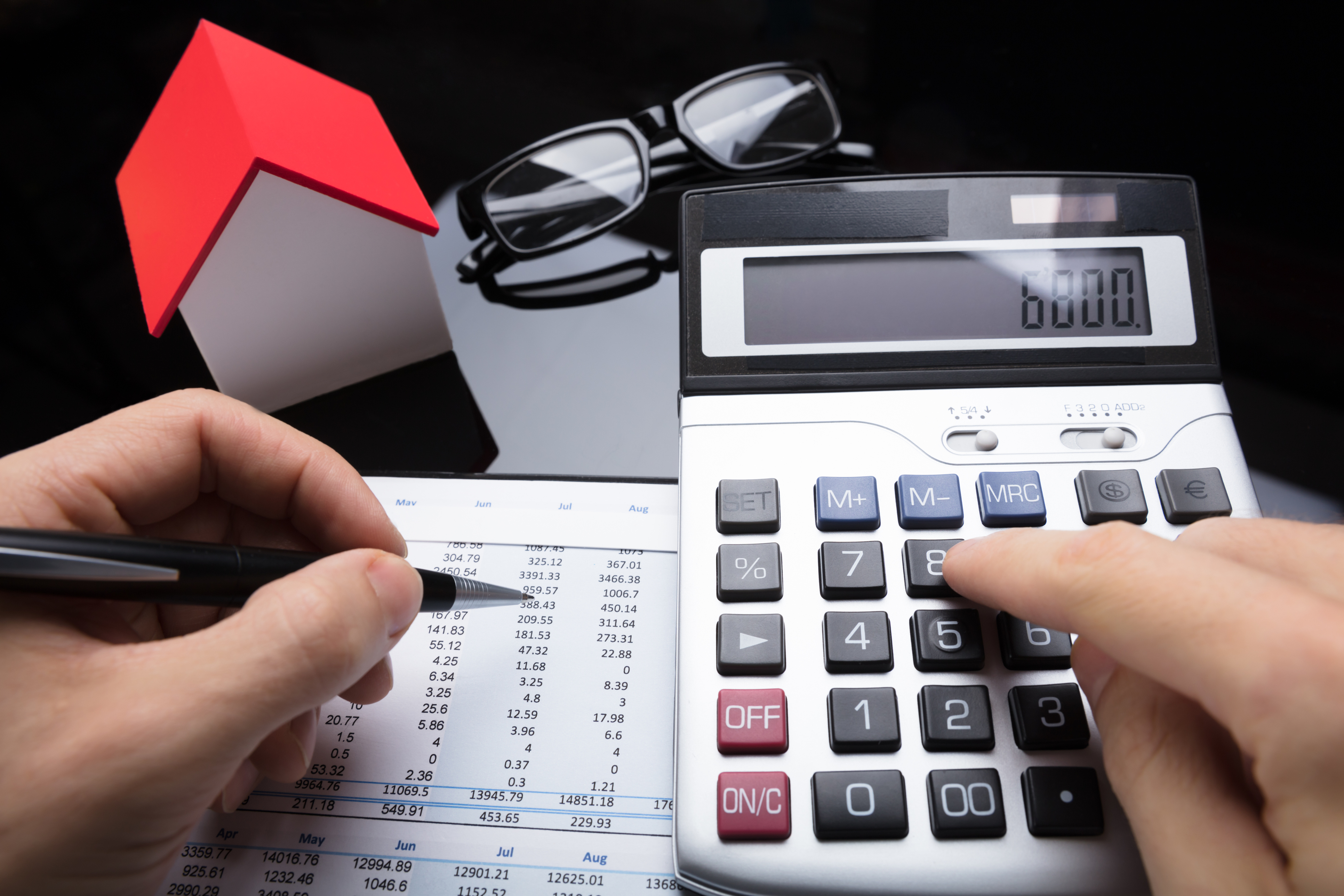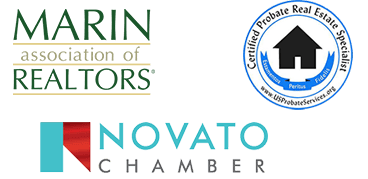Here’s a 1-2-Tax Savings Punch for your Rental House!
As a professional Property Manager, I make it a point to let my clients know that along with opening rent checks every month, you can also realize more of that check through tax deductions, and a couple of good ones are Depreciated Costs and Repairs.

Tax time is not fun, or is it?
As a professional Property Manager, I make it a point to let my clients know that along with opening rent checks every month, you can also realize more of that check through tax deductions, and a couple of good ones are Depreciated Costs and Repairs.
The One, Depreciated Costs, aka Capital Expenditures for Improvements
To achieve the tax deductions for expensive property improvements like a new roof, you spread out the hefty deduction generated in the year you replace the roof, across the useful life of the property. So, if the new roof costs $25,000, you’ll deduct an even portion of that capital expense each year over the course of 27.5 years.
Depreciation is defined as an income tax deduction that allows homeowners to recover expenses related to the wear and tear, deterioration or obsolescence of the property. Doesn’t matter if you are seeing positive cash flow, as depreciation and other expenses associated with homeownership can be deducted from ordinary taxable income. You would use IRS Form 4562, Depreciation and Amortization, to report depreciation on a tax return.
See “depreciation on rental property” https://www.irs.gov/publications/p527 and here is a short list of Improvements:
Table 1-1. Examples of Improvements
| Additions Bedroom Bathroom Deck Garage Porch Patio Lawn & Grounds |
Miscellaneous Storm windows, doors New roof Central vacuum Wiring upgrades Satellite dish Security system Heating & Air Conditioning |
Plumbing Septic system Water heater Soft water system Filtration system Interior Improvements Insulation |
And, The Two! Repairs, aka General Fixes and Maintenance
Generally, an expense for repairing or maintaining your rental property may be deducted, if you aren’t required to capitalize the expense (i.e. NOT on the list above). This is how to recoup the ongoing costs of leaky showers, jammed garbage disposals and chimney clean-outs. Whereas the cost of improvements is recovered through depreciation, general fixes or maintenance that keep your rental home in good operating condition are classified as “repairs” and can be written off in a single tax year on Schedule E, Form 1040.
Good to know! And of course take this information to your tax expert to implement! But if you or a client would like to chat about how to actually DO Improvements and repairs efficiently, cost effectively and in a timely fashion, give me a shout! I am always available for a conversation about a property, and as a rule offer complimentary first -time consultation and analysis.

